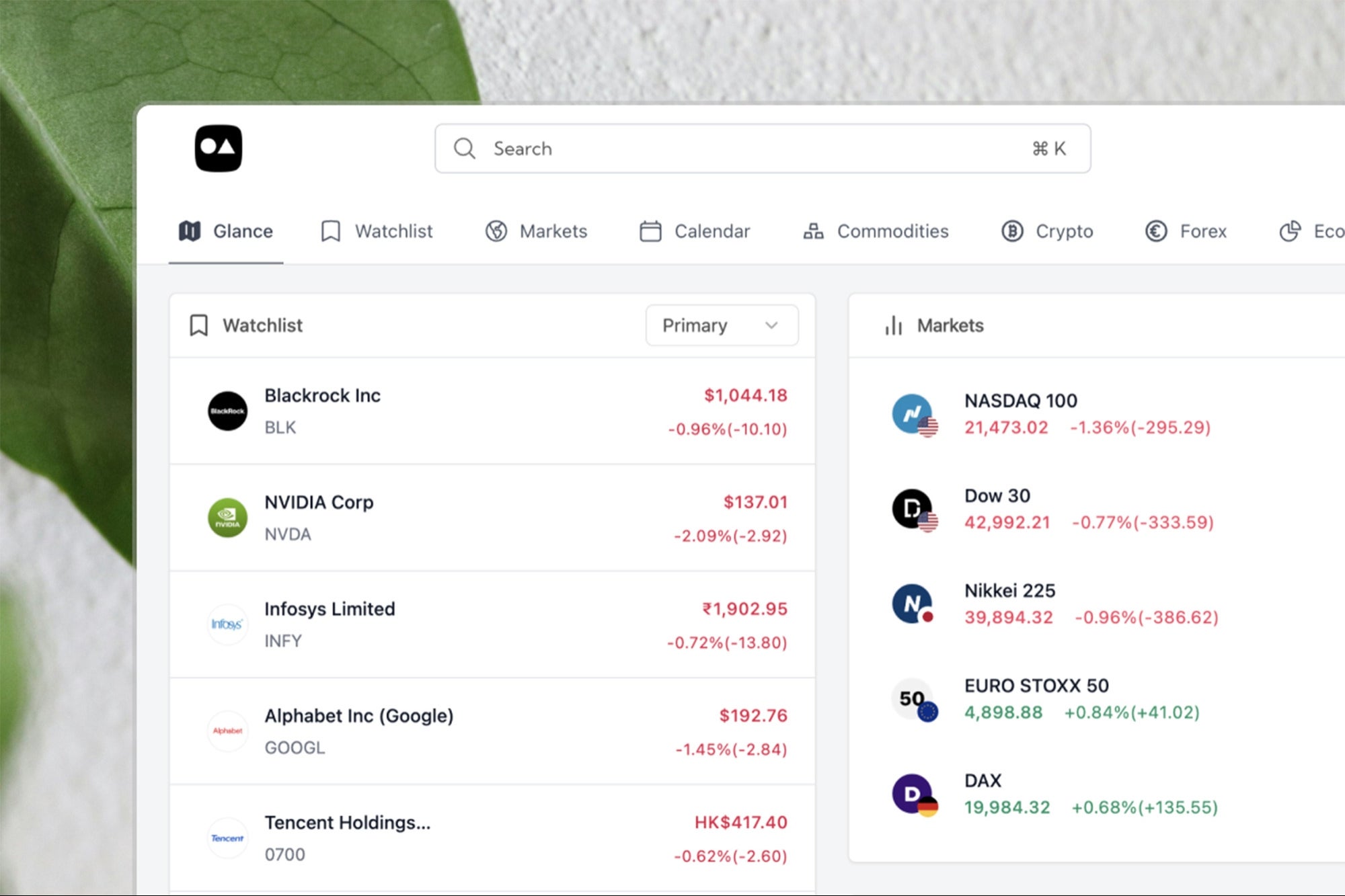5 Scientifically Proven Ways to Make Your Job More Exciting and Enjoyable Perspective is the solution to nine-to-five tedium. Science has suggestions for changing yours.
Opinions expressed by BIZ Experiences contributors are their own.

Everyone claims to want a career that's fun, exciting and fulfilling. As a scientist who studies human behavior, I'm a strong believer in lifestyle engineering -- creating a work environment that fulfills you and lets you live the way you want. While it could take years to develop the right balance, there are things you can do to improve your work environment.
Related: Are You Following Your True Passion? Give Yourself the 'Wednesday Test.'
First, you need to ask yourself two questions:
- Are you planning on staying at this job long enough to make it worth the effort?
- Are you willing to make the effort so your work isn't just a way to earn a paycheck?
If you answered yes to both, then these science-backed methods could help you.
1. Hack the flow.
In 1990, researcher Mihaly Csikszentmihalyi released a book called "Flow: The Investigation of Optimal Experience." He described a state reached by people in every industry from sports to literature. When people are performing their best and are completely engaged in their activities, it feels effortless. They enter a flow state and may even lose track of time.
To enter this state, you must be participating in something just outside your skill zone. It has to be difficult enough that you'll grow or improve by completing it -- but not so difficult it's beyond your reach.
Another author, Stephen Kotler, explored how entering the flow state faster has led to huge leaps in human achievement. "The Rise of Superman: Decoding the Science of Ultimate Human Performance" includes examples of people learning twice as fast.
Related: 8 Hacks to Learn New Skills in Half the Time
2. Foster excitement.
A team of researchers from Emory University School of Medicine and Boyle College of Medicine discovered that the brain's pleasure centers respond to a lesser degree when humans expect rewards at consistent intervals. If the reward is unpredictable, those same areas respond more strongly. These are called intermittent rewards.
At work, ask: How could you provide intermittent or unpredictable rewards or opportunities? It might be as simple as bringing desserts on random days or fostering creative conversations during "collisions" in common spaces.
3. Identify motivating factors.
When I worked in sales, I had a boss who was "unconventional," to say the least. During one sales cycle, he agreed that if we hit a specific goal, he would color his hair green. It might seem juvenile, but it gave the team a rallying point and made work more fun. Having a goal beyond the standard quotas and requirements inspired us to put in the extra effort.
What games can you play with your colleagues? What challenges can you level against other corporate offices based on goals, objectives and personal interests? Who knows -- you might get your boss to do something embarrassing in exchange for work you were going to do anyway.
Related: Want to Preserve Your Company's Culture As You Grow? Here are 4 Ways.
4. Get a new perspective.
When was the last time you switched your workspace to a different chair, common space, office or cafe? Research has found that varying one's location may help a person study better. If your work requires remembering and learning, change up your environment.
Similarly, breaks are critical for people whose work requires intense focus. Researchers from the University of Michigan examined a principle now known as attention restoration theory (ART). They studied how walking through two different landscapes -- an arboretum and a downtown corridor -- impacted students' cognitive thinking abilities. The researchers compared the students' cognitive-function scores before and after these walks. Individuals who walked through the arboretum showed significant improvement, while those who walked downtown saw none.
Related: 6 Ways to Change Your Environment to Be More Inspiring
5. Use the Pomodoro Technique.
Some projects may seem overwhelming at the outset. It's easy to procrastinate by filling your time with activities that seem far more appealing than finishing your work.
The Pomodoro Technique, a time-management solution invented by Francesco Cirillo in the late 1980s could make it possible to get the best of both worlds. Cirillo used a traditional kitchen timer to divide his time into focused, 25-minute sessions of uninterrupted work. He followed with required breaks. The method helps direct your concentration to complete tasks while still building in much-needed respite periods.












